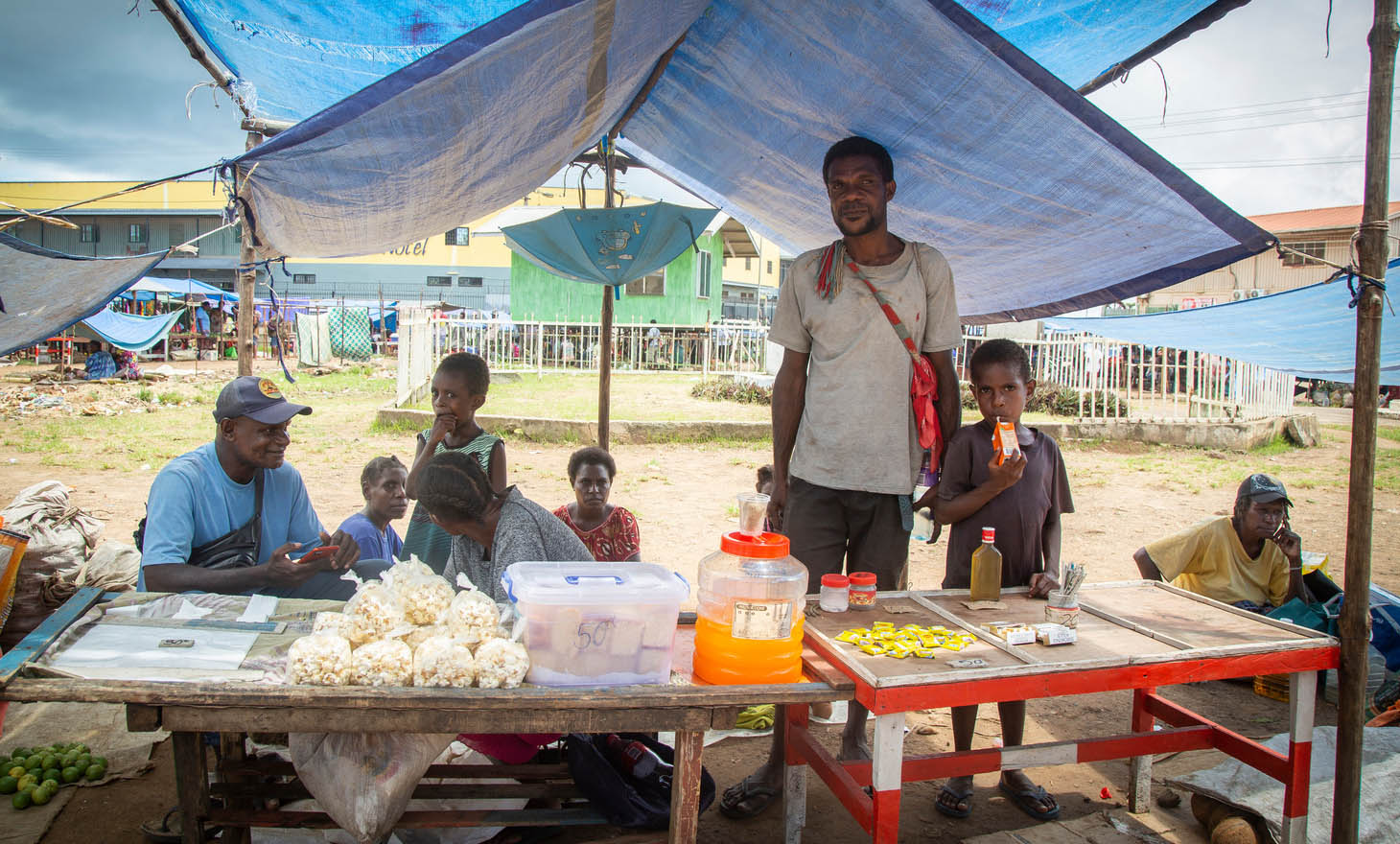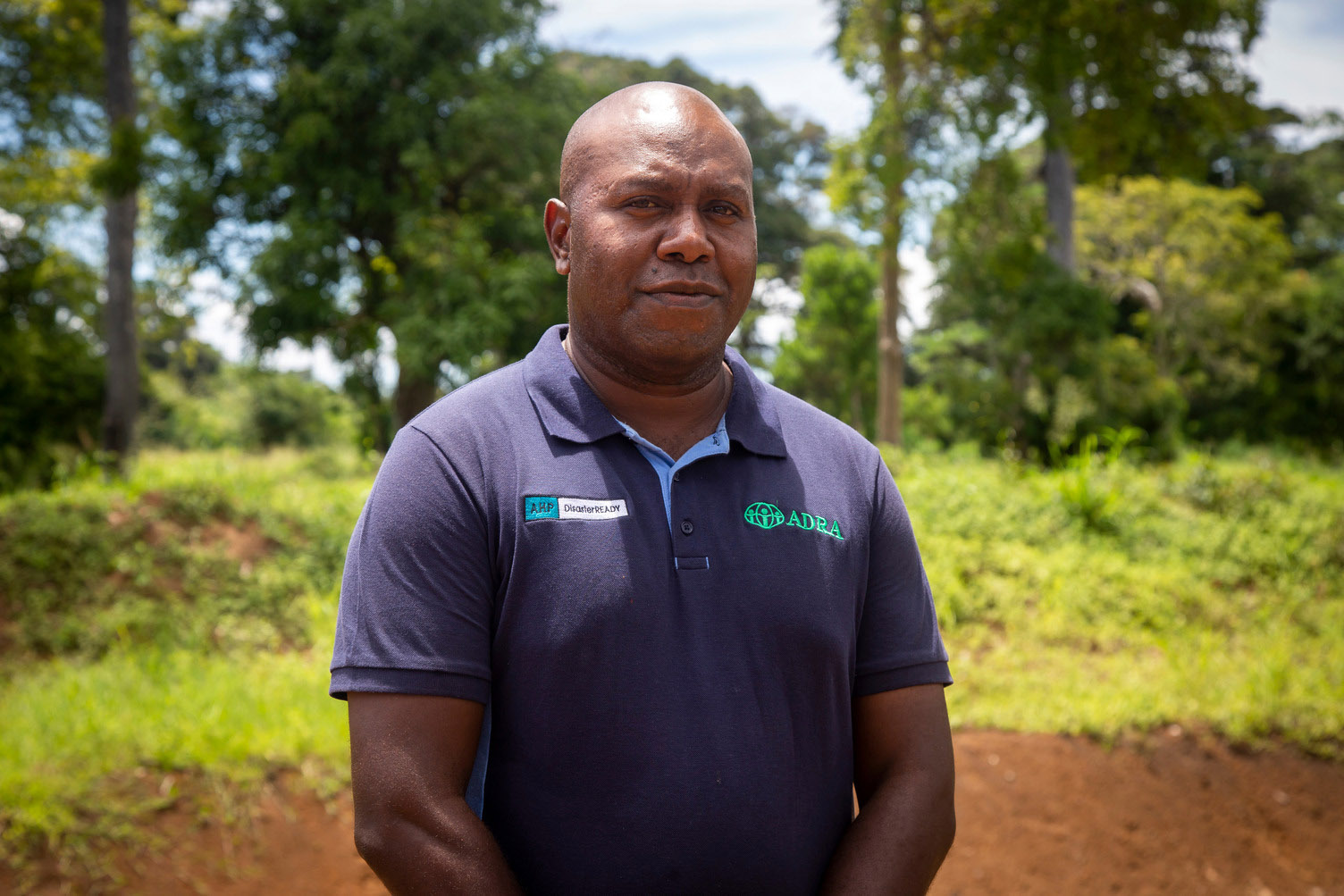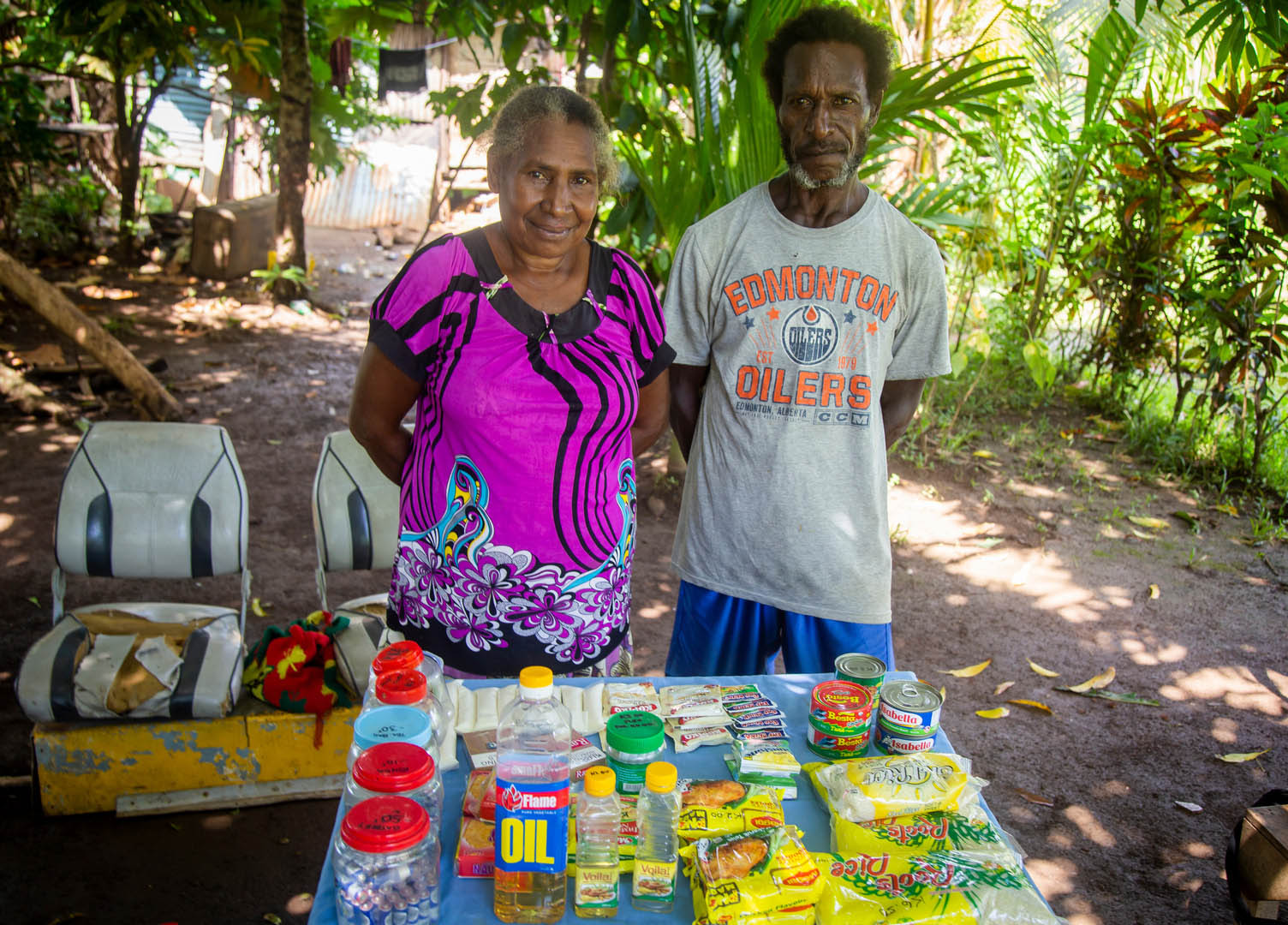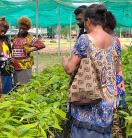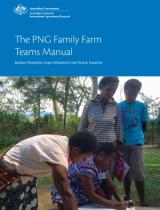Research to improve livelihoods in the Western Province of PNG
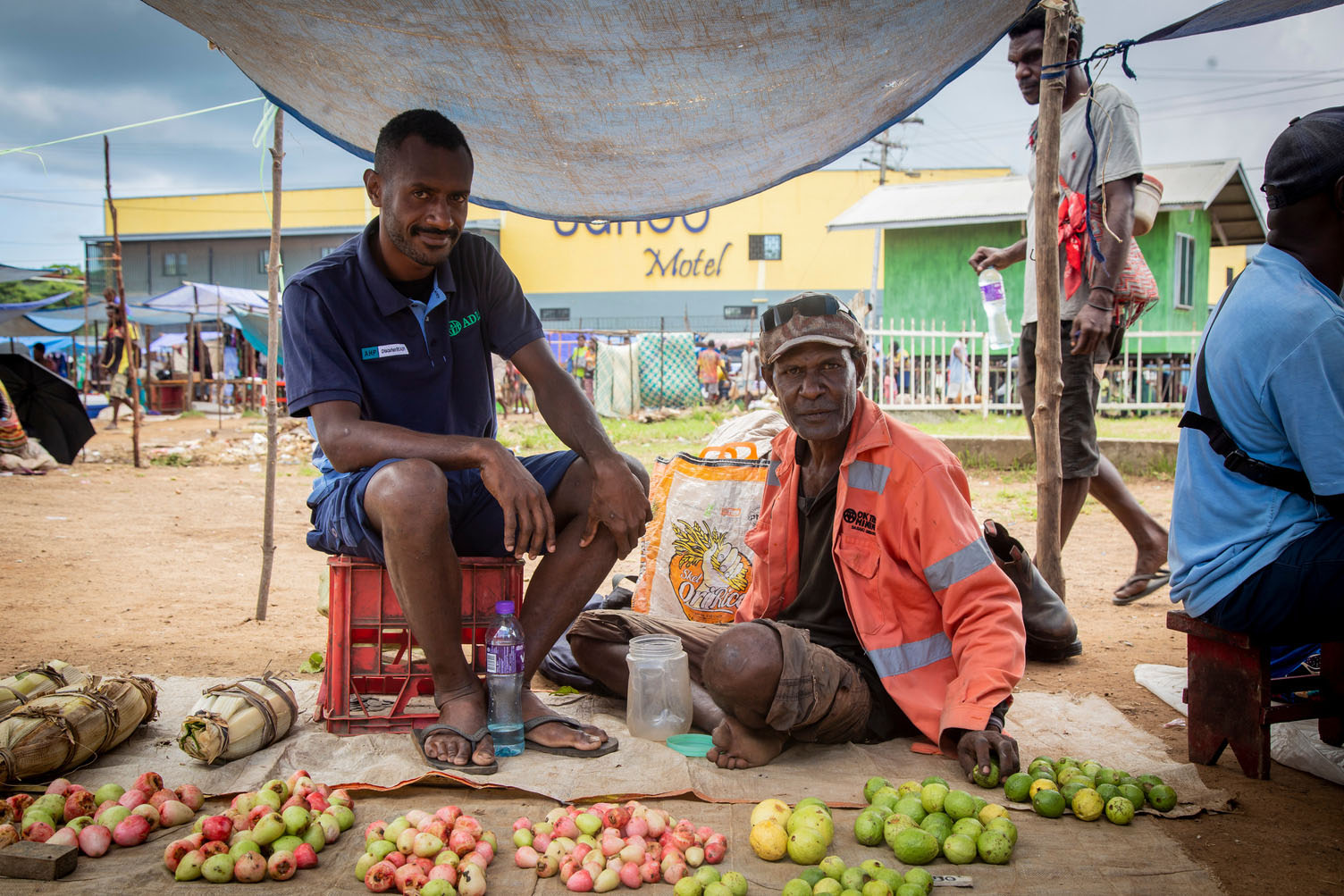
Smallholder farmers in Western Province are benefiting from a joint Papua New Guinea (PNG) and Australian-developed training to increase women and youth participation in agriculture and improve rural livelihoods.
Family Farm Teams (FFT), a training model developed by researchers at the University of Canberra with the support ACIAR, has been adapted to empower agricultural families in Port Moresby, East New Britain, Western Highlands, New Ireland, Central and Morobe provinces.
The training focuses on youth engagement and leadership, with trials underway in farming and fishing communities in the South Fly District. Participants receive training on goal setting, communication, nutrition and food, family decision-making, financial literacy, and agricultural planning techniques.
Western Province is the largest in PNG, with the region’s geographical size presenting many development challenges and limited opportunities for rural communities to earn an income.
ACIAR Research Program for Social Systems Dr Clemens Grünbühel said the new project incorporates a partnership with the PNG Churches to ensure more Papua New Guineans can be reached.
‘We know that churches are important institutions in PNG. They provide significant health and education services in the country’s disparate geography, either alone, or in partnership with government and development agencies,’ Dr Grünbühel said.
Western Province Project Coordinator Falkingham Jogo said while the training has only just begun in the province, participants are already benefiting.
‘When we think of development, there is a focus on big infrastructure and multi-million Kina industries, but we forget that people are the most important in the equation. I think it is about building the capacity of a person – in the settlements, in our villagers and in our community,’ Mr Jogo said.
Mr Jogo added that training had been carried out in the Pahoturi and Binaturi areas of the South Fly District, with recipients able to educate others in their communities about the FFT approach.
The training was also introduced to urban-based communities on Daru Island who are unable to participate in farming activities. Among them is husband and wife team Rhoda and Ted Miako.
‘The training has been really helpful. The little that I made from selling scones and other baked goods, I used the profits to buy and sell other items – always adding different products to sell. My goal is to set up a mini shop. It is something that I have always wanted to do,’ Mrs Miako said.
Mr Miako, a mechanic, picks up odd jobs when he can and sees the value of the training and his wife’s efforts.
‘She has been a great help, assisting with family obligations with the money she makes from her sales. There are times when I can’t find work, and her table sales really help. That’s why when I do get mechanical jobs, I put money into her project,’ Mr Miako said.
The ACIAR-supported project is a 4-year research partnership between the University of Canberra and the Pacific Adventist University to improve livelihoods and women and youth engagement in agriculture.
Learn more via the ACIAR website.



